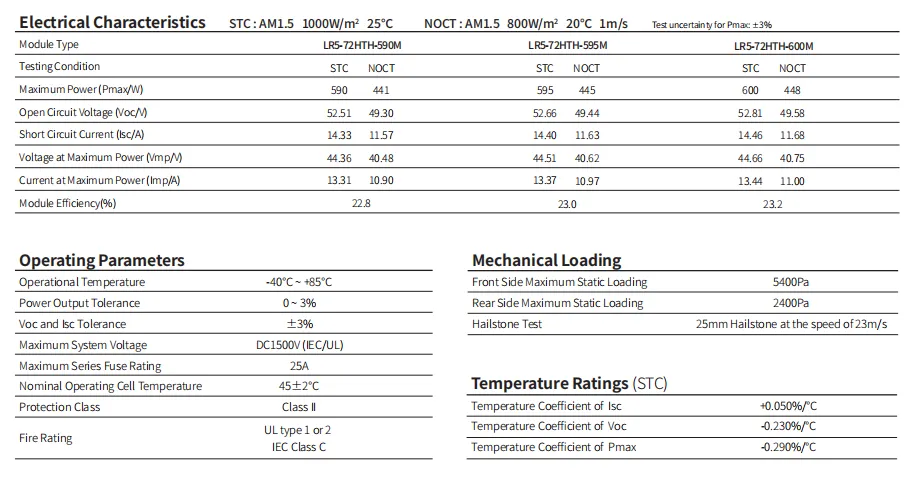Exploring the Current Market Trends and Prices for 5kW Solar Panel Systems
The Dynamics of 5kW Solar Panel Prices A Comprehensive Overview
As the world increasingly shifts towards renewable energy sources, solar power stands as one of the most accessible and widely adopted solutions. Among various configurations, the 5kW solar panel system has gained significant attention, especially for residential and small commercial applications. Understanding the factors influencing the price of a 5kW solar panel system is essential for potential buyers and investors looking to make informed decisions.
Understanding the Basics of a 5kW Solar Panel System
A 5kW solar panel system typically consists of several photovoltaic (PV) panels, an inverter, mounting hardware, and sometimes a battery storage system, depending on the configuration. This system is capable of generating approximately 20 kilowatt-hours (kWh) of energy per day, depending on the location and sunlight availability.
The price of a 5kW solar panel system can vary significantly based on numerous factors, including the quality of the components, the installation complexity, government incentives, and regional market conditions. As of 2023, the average cost for such a system ranges from $10,000 to $15,000 before tax credits and incentives.
Factors Influencing Prices
1. Component Quality The efficiency and longevity of solar panels are paramount. Higher-quality panels, often from recognized manufacturers with robust warranties, typically come at a higher price point. Cheaper options may save upfront costs but can lead to decreased performance and shorter lifespans.
2. Installation Costs Labor costs can vary widely depending on the region and the complexity of the installation. Regions with a higher cost of living tend to have higher installation prices. Additionally, if structural changes to the roof or ground are required, costs can further increase.
5kb solar panel price

3. Government Incentives Many governments offer incentives to promote solar energy adoption, such as tax credits, rebates, and grants. In the United States, for example, the federal solar tax credit allows homeowners to deduct a significant percentage of the cost of installation from their federal taxes. These incentives can dramatically lower the upfront cost of a 5kW solar panel system.
4. Market Demand and Supply Prices can fluctuate based on market conditions. When demand for solar systems rises, prices may increase, especially if supply chains are disrupted. Conversely, as technology advances and production costs fall, prices are likely to decrease, making solar more affordable for consumers.
5. Financing Options Many consumers opt for financing plans or leases to acquire solar systems without significant upfront costs. The terms and interest rates associated with these financing options can influence the overall cost over time, impacting the perception of affordability for the consumer.
The Future of Solar Prices
The solar industry has experienced rapid growth, driven by increasing environmental awareness and technological advancements. Analysts predict that the prices of solar panel systems, including the 5kW configurations, will continue to decline in the coming years, attributed to improved manufacturing processes and increased competition among providers.
As energy demands rise and fossil fuel prices fluctuate, solar energy remains a viable alternative, not only due to its sustainability but also its potential for cost-effectiveness. For individuals considering the transition to solar power, understanding the factors that affect prices is crucial.
In conclusion, while the price of a 5kW solar panel system can be significant, the long-term savings on energy bills and the environmental benefits often justify the investment. By keeping an eye on market trends, understanding governmental support, and choosing quality components, consumers can make informed choices that align with their financial and environmental goals. The shift to solar energy not only supports personal financial health but also contributes positively to global sustainability efforts.
-
Understanding the Advantages of Solar String Inverters for Your Energy SystemNewsApr.29,2025
-
Choosing the Right PV Inverter: A Comprehensive GuideNewsApr.29,2025
-
The Future of Solar Power: Exploring Bifacial Solar PanelsNewsApr.29,2025
-
The Complete Guide to Solar Panels: Efficiency, Cost, And InstallationNewsApr.29,2025
-
The Best Options for Efficiency and Cost-EffectivenessNewsApr.29,2025
-
Harnessing the Power of Off-Grid Solar Inverters for Energy IndependenceNewsApr.29,2025







